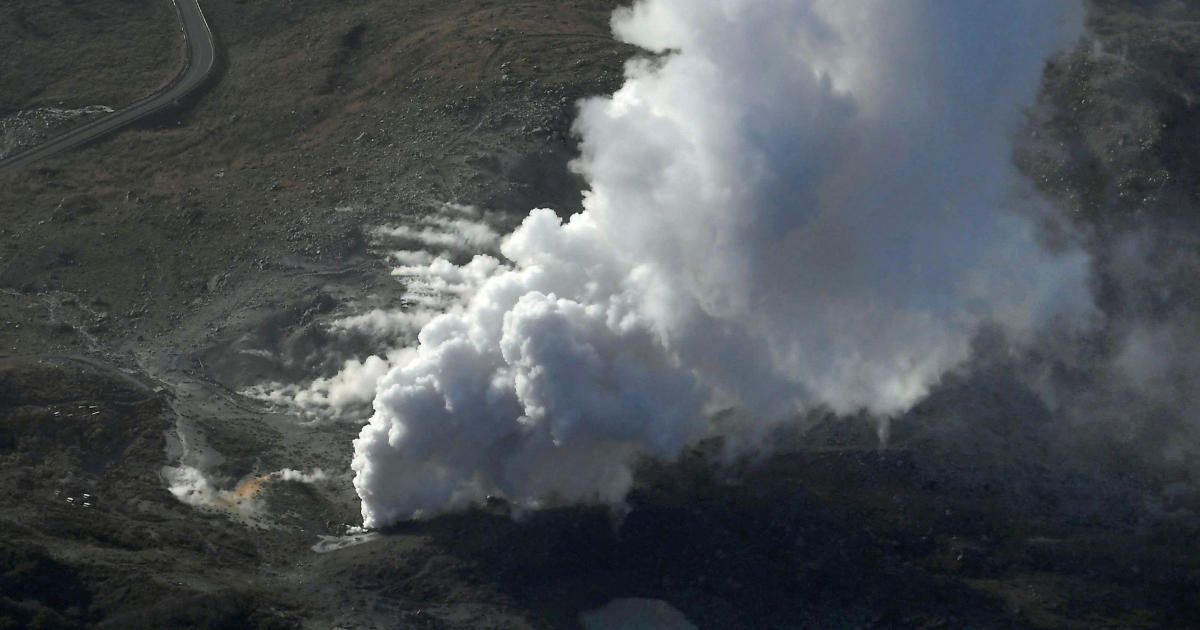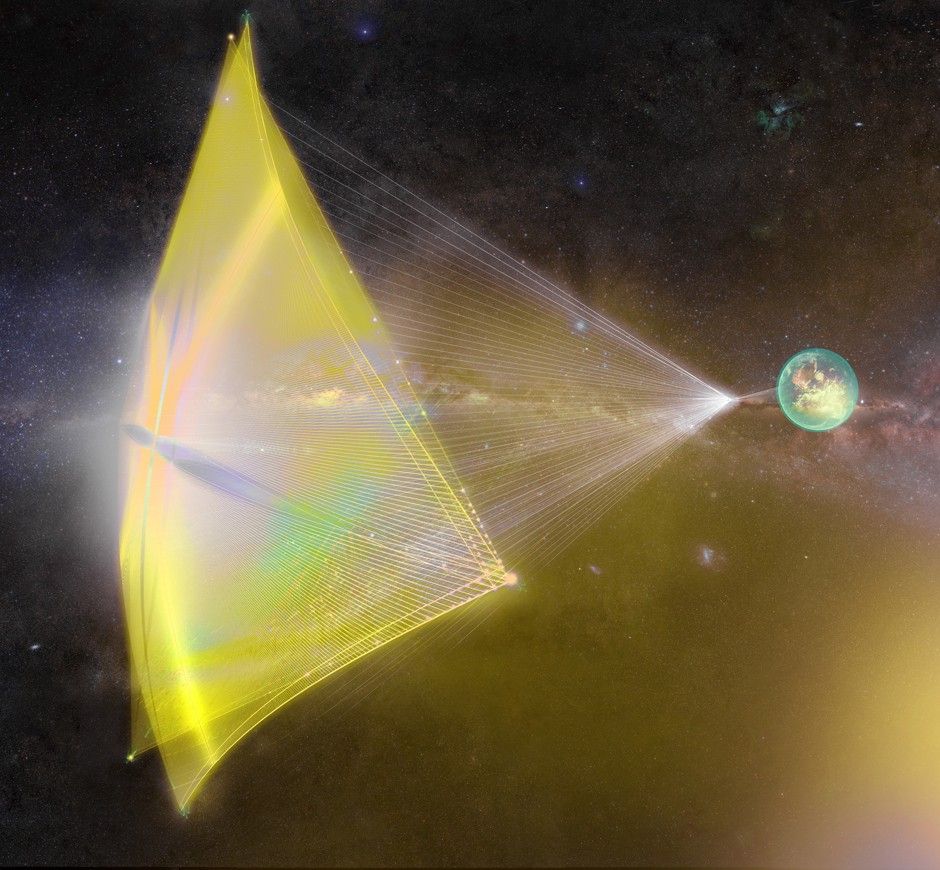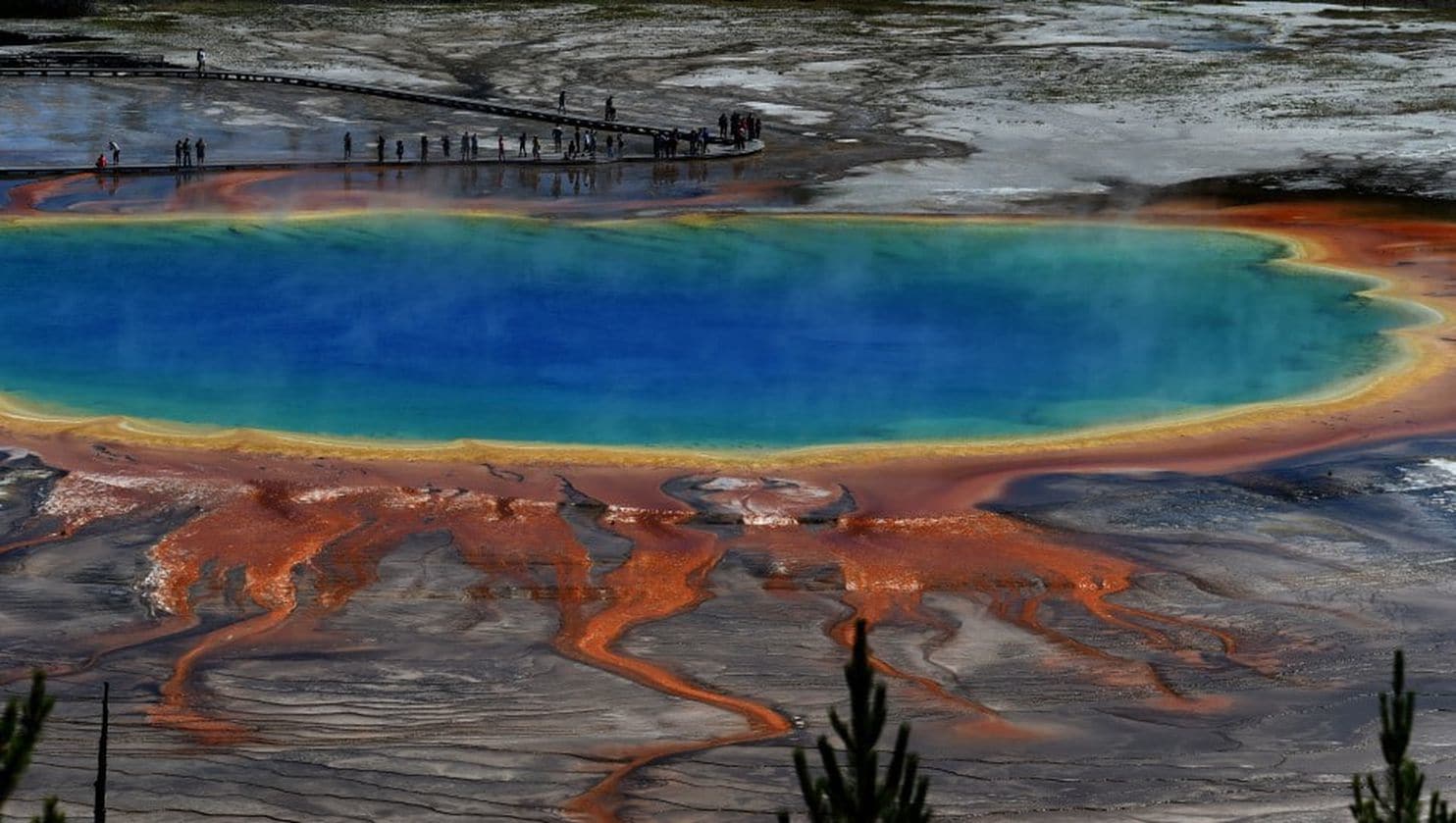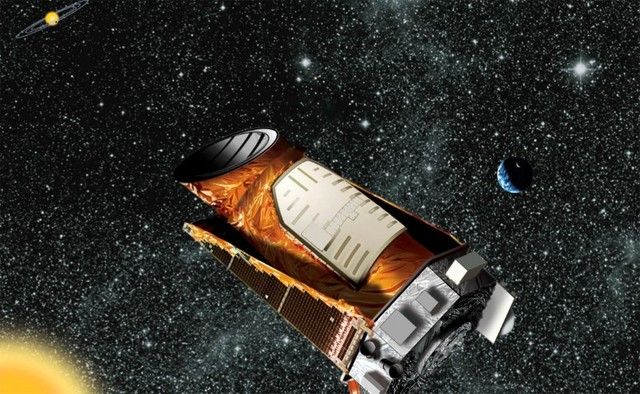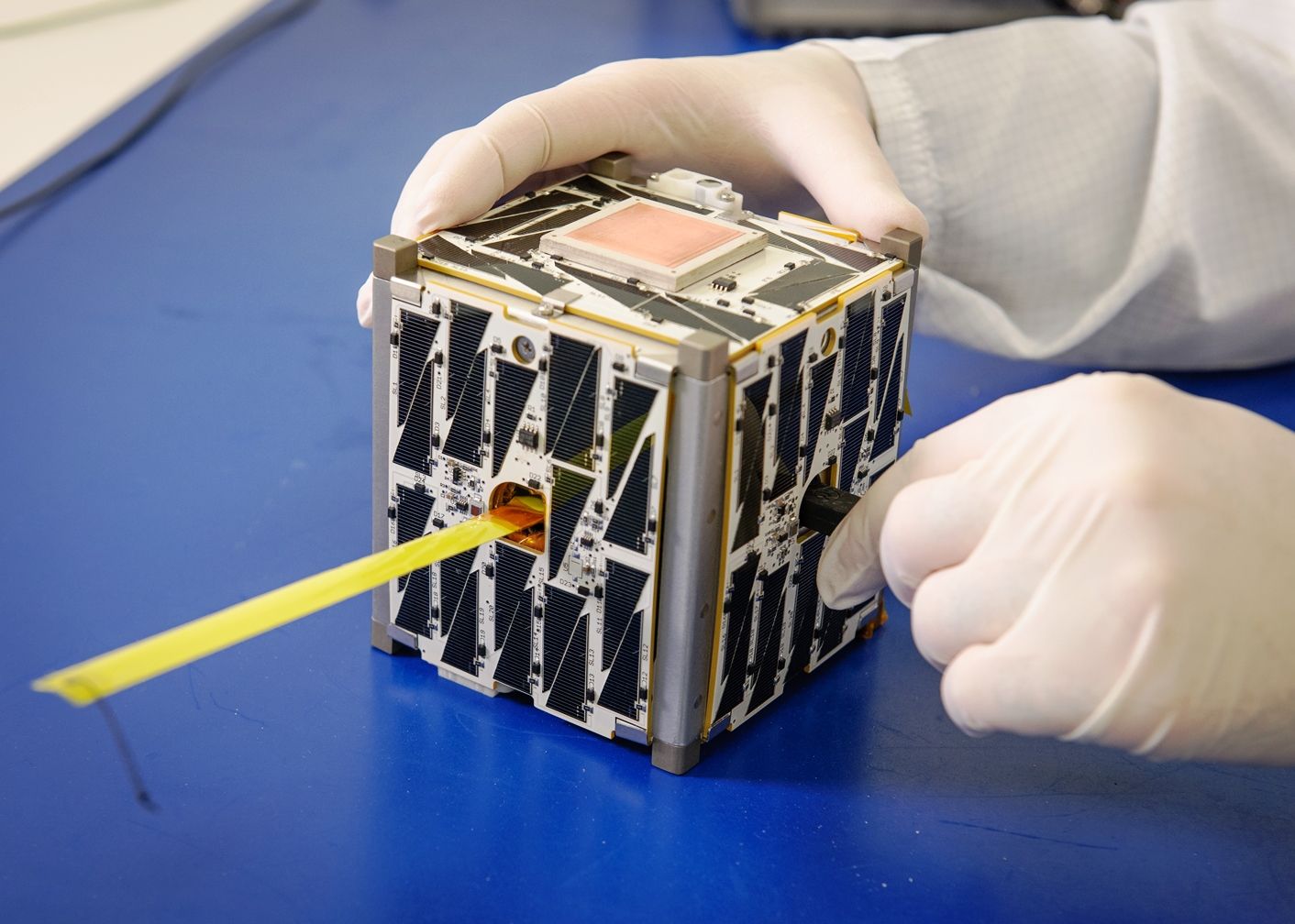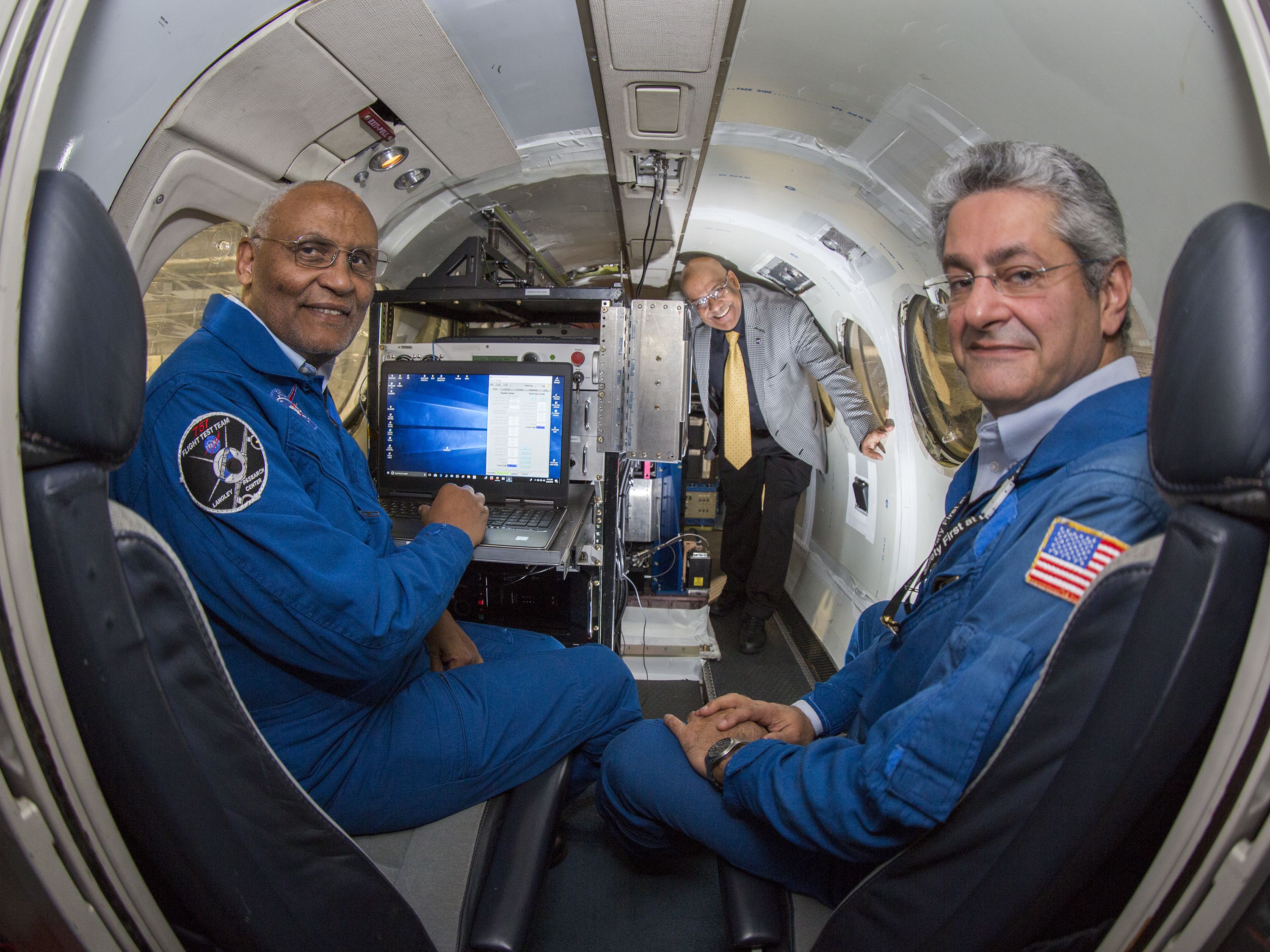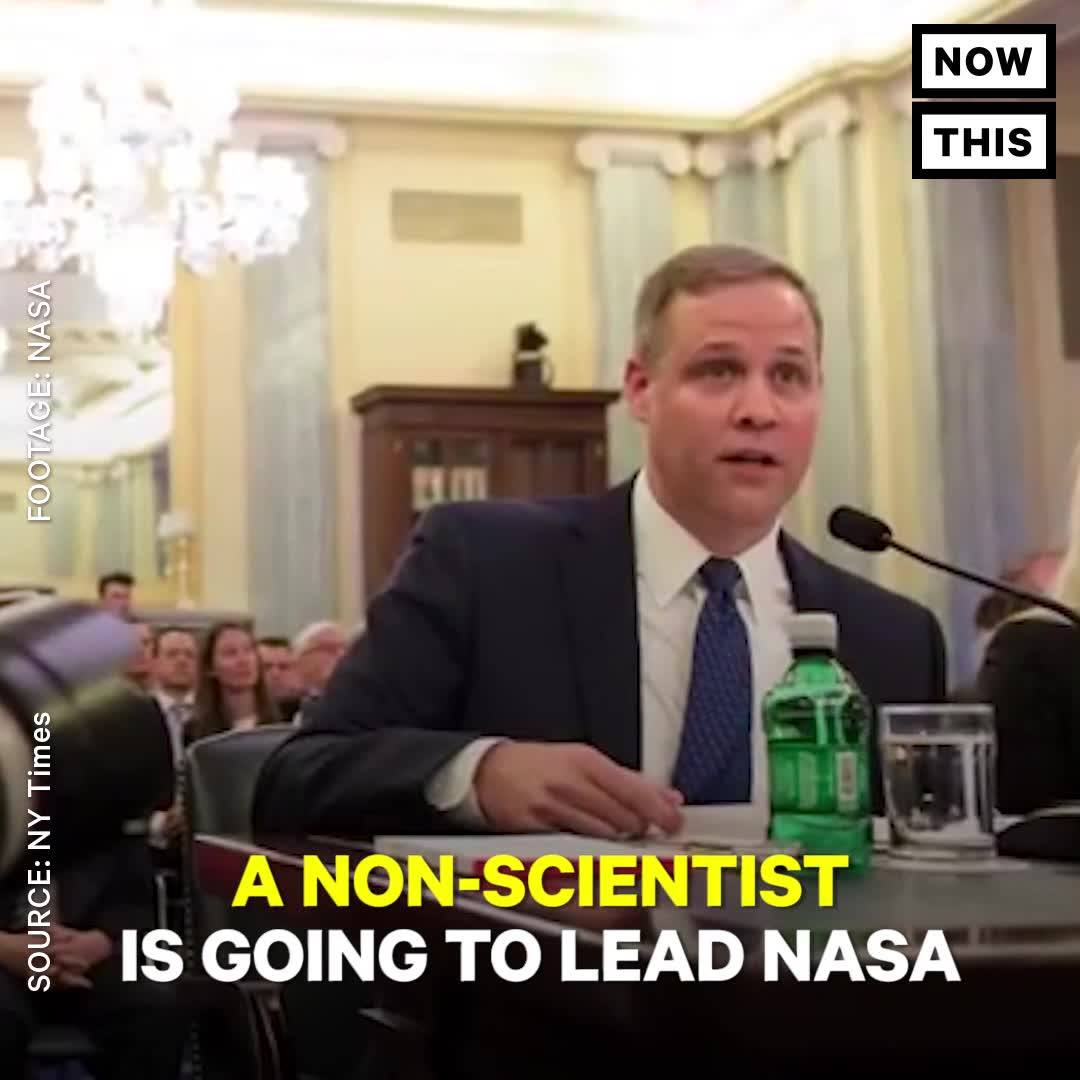Mount Io on Japan’s main island of Kyushu has rumbled to life after a long rest, sparking a warning for residents of falling rock and ash.
There is an enduring fear in the music industry that artificial intelligence will replace the artists we love, and end creativity as we know it.
As ridiculous as this claim may be, it’s grounded in concrete evidence. Last December, an AI-composed song populated several New Music Friday playlists on Spotify, with full support from Spotify execs. An entire startup ecosystem is emerging around services that give artists automated songwriting recommendations, or enable the average internet user to generate customized instrumental tracks at the click of a button.
But AI’s long-term impact on music creation isn’t so cut and dried. In fact, if we as an industry are already thinking so reductively and pessimistically about AI from the beginning, we’re sealing our own fates as slaves to the algorithm. Instead, if we take the long view on how technological innovation has made it progressively easier for artists to realize their creative visions, we can see AI’s genuine potential as a powerful tool and partner, rather than as a threat.
A UK man who caught what was dubbed the world’s “worst-ever” case of super-gonorrhoea has been cured, Public Health England (PHE) said — but two similar cases have been reported in Australia.
The unidentified heterosexual man, who had a partner in the UK, picked up the infection having sex with another woman in South-East Asia, PHE said.
Health officials said it was the first time the infection could not be cured with the regular treatment — a combination of antibiotics azithromycin and ceftriaxone.
ORLANDO, Fla.—Adrienne Dove, a University of Central Florida (UCF) planetary scientist, physicist, and associate professor, capped off the university’s 2018 Distinguished Speaker series with a talk about CubeSats and UCF’s involvement with CubeSat-based science missions.
Highlights of a growing program
Dove began her talk detailing some of the key activities of the university’s Physics Department.
Ignored for 30 years after its discovery, this archaic baleen whale finally gets a place in the spotlight.
A whale fossil unearthed three decades ago in New Zealand’s South Canterbury district has led to an unexpected find that rewrites the history of whale evolution, National Geographic reports.
The fossil dates back 27 million years ago and was identified as a previously unknown genus of baleen whale.
